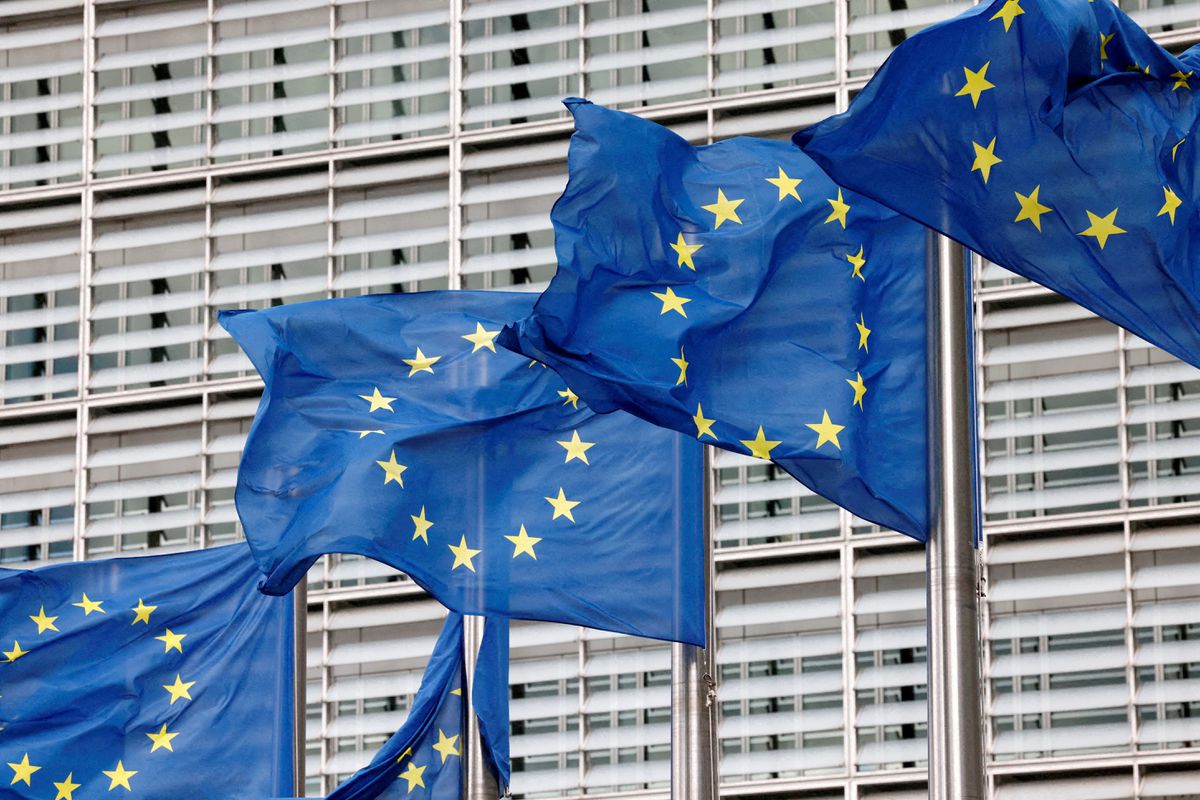Fund managers downgrade ESG funds as the EU tightens classifications
Ethical investment has been the fastest-growing fund category in recent years as global investors grow increasingly ESG-conscious.

A few minutes every morning is all you need.
Stay up to date on the world's Headlines and Human Stories. It's fun, it's factual, it's fluff-free.
Ethical investment has been the fastest-growing fund category in recent years as global investors grow increasingly ESG-conscious (ESG stands for environmental, social and governance). It's so popular that, according to the European Securities and Markets Authority (ESMA), over 4,000 EU-based funds call themselves ESGs. Also, ESG funds accounted for 27% of share assets managed in funds across Europe in the second quarter of this year.
In November, ESMA proposed strict curbs on ESG investment products to limit the use of ESG or sustainability-related terms in fund names. The goal is to protect investors against exaggerated sustainability claims or greenwashing. The ESMA chair said they plan on "investigating greenwashing more closely" and to give fund managers "clear and measurable criteria" to assess fund names that are sustainability-related.
To comply, if a fund name has ESG-related terms, at least 40% of its assets must meet the Sustainable Finance Disclosure Regulation's definition of a sustainable asset. If not, the managers must remove these words from fund names.
But now, the rule makes fund managers reconsider how to form funds for the top ESG fund class, Article 9. Asset managers, including Goldman Sachs, BlackRock and AXA, have already downgraded more than US$125 billion in ESG assets from Article 9 under the EU's approaches. And now, the investment research firm Morningstar estimates that less than 18% of Article 8 funds actually meet the threshold – and we're talking about over US$4 trillion of assets. Since the new guidelines have come out, Article 9 funds must be stocked for 100% sustainable investments, and that's a threshold less than 5% of Article 9 funds meet.
Key comments:
“The objective is to ensure that investors are protected against unsubstantiated or exaggerated sustainability claims,” said Verena Ross, the chair of ESMA, in a November statement.
“I’m very aware of fears within the financial sector around legal and reputational risks,” said EU financial markets and services commissioner Mairead McGuinness. “And of course, investors, supervisors and civil society are concerned because there’s a lack of clarity. This creates opportunities for greenwashing.”
“If managers want to keep these words in their funds, they will have no choice but to enhance the strategies and change the portfolios to meet the thresholds,” said Hortense Bioy, Morningstar’s global director of sustainability research.
“From a fund’s perspective, reclassifying an Article 8 fund” to the EU’s non-ESG product category, known as Article 6, “has a number of knock-on effects,” said Matt Townsend, a partner at London’s Allen & Overy. “It’s not straightforward.”




Comments ()